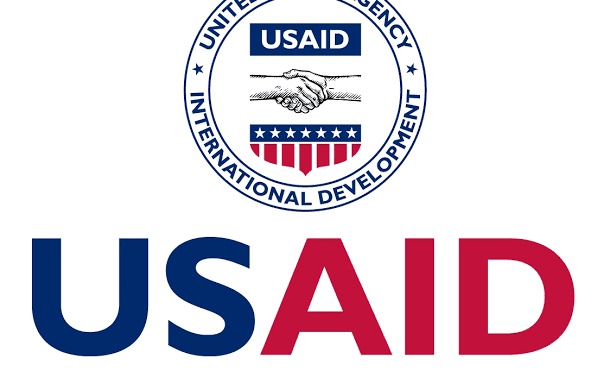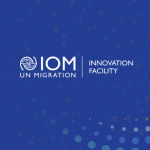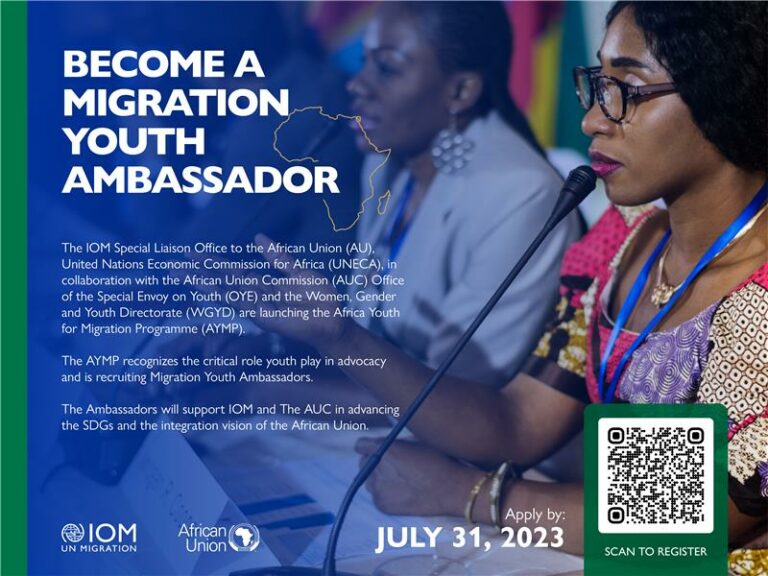The US Agency for International Development (USAID) has announced a $6.5 million grant to the International Organisation for Migration (IOM) aimed at alleviating the humanitarian challenges caused by severe flooding across Nigeria. This grant, part of USAID’s Fiscal Year 2024 funding, is a significant boost to local efforts in tackling the devastating impact of flooding and other natural disasters in the country.
In a statement released by USAID on Saturday, the agency explained that the funding would be used to support local partners in responding to the flood-related crises that have ravaged large parts of Nigeria, particularly during the rainy season. The grant is intended to bolster immediate and long-term recovery efforts in the affected regions, with $3 million being allocated specifically by IOM to address the pressing humanitarian needs created by the floods.
“The United States, through the US Agency for International Development, is providing more than $6.5 million to the International Organisation for Migration to address flood-related humanitarian needs across Nigeria. This funding is part of USAID’s Fiscal Year 2024 support, and it will enable local partners to respond to flooding and other disasters,” the statement read. “IOM is allocating $3 million to address flood-related humanitarian needs across the country.”
The floods, which began in mid-August, have had a severe impact across 29 states in Nigeria, affecting more than 619,000 people. According to the National Emergency Management Agency (NEMA), the devastating floods have caused the deaths of at least 210 people, displaced nearly 228,700 individuals, and destroyed over 84,800 homes. This widespread destruction has compounded existing challenges in a country already grappling with economic instability, and the aftermath of the floods has left many families without shelter, food, or basic necessities.
USAID’s financial support to Nigeria extends beyond flood relief, with the agency highlighting that it has pledged nearly $100 million in total aid to the country as part of its larger humanitarian efforts. This funding is aimed at addressing not just flood-related issues but also other disasters that have struck the nation in recent years. According to the statement, “This response is part of a larger humanitarian assistance effort. In Fiscal Year 2024, USAID has provided nearly $100 million in previously announced funding to Nigeria to respond to the urgent needs of those impacted by disasters, including floods.”
USAID’s Mission Director in Nigeria, Melissa Jones, emphasized the U.S. government’s ongoing commitment to supporting Nigeria in managing the increasing frequency of natural disasters, many of which are linked to climate change. Jones noted that the partnership between the United States and Nigeria remains strong and is rooted in mutual goals of reducing the impacts of climate-related crises and providing humanitarian assistance to those in need.
“The United States remains steadfast in its commitment to assist the people of Nigeria as they confront the challenges posed by climate change and increasing natural disasters,” Jones said. “Our long-standing partnership underscores our dedication to providing humanitarian aid and support nationwide.”
Jones added that the collaboration between USAID, IOM, and Nigerian authorities is crucial in ensuring that relief reaches the most vulnerable communities affected by the floods. She noted that the agency is working closely with local partners to identify the areas in greatest need of assistance and to distribute resources in a timely and efficient manner.
The flooding in Nigeria is not an isolated incident but rather part of a broader pattern of extreme weather events that have intensified in recent years due to climate change. These natural disasters have placed enormous pressure on Nigeria’s economy, infrastructure, and public health systems, which are struggling to keep pace with the growing needs of affected communities. The grant from USAID is therefore a critical step in addressing the immediate consequences of these floods while also contributing to long-term strategies to mitigate future risks.
Moreover, USAID’s grant underscores the importance of international cooperation in responding to global environmental challenges. With countries like Nigeria bearing the brunt of climate change despite contributing minimally to global emissions, support from international agencies and developed nations is crucial in helping vulnerable populations cope with its effects.
USAID’s commitment to providing nearly $100 million in total aid to Nigeria reflects its understanding of the scale of the disaster and the need for sustained international support to address the country’s humanitarian challenges. By working with partners like IOM, the U.S. government aims to ensure that the relief efforts are not only effective in the short term but also contribute to long-term resilience against future disasters.
As Nigeria continues to face unpredictable weather patterns and increased flooding, the focus on sustainable solutions becomes even more urgent. The implementation of programs that improve flood management, enhance infrastructure, and provide economic relief for affected communities will be essential in preventing further humanitarian crises.










